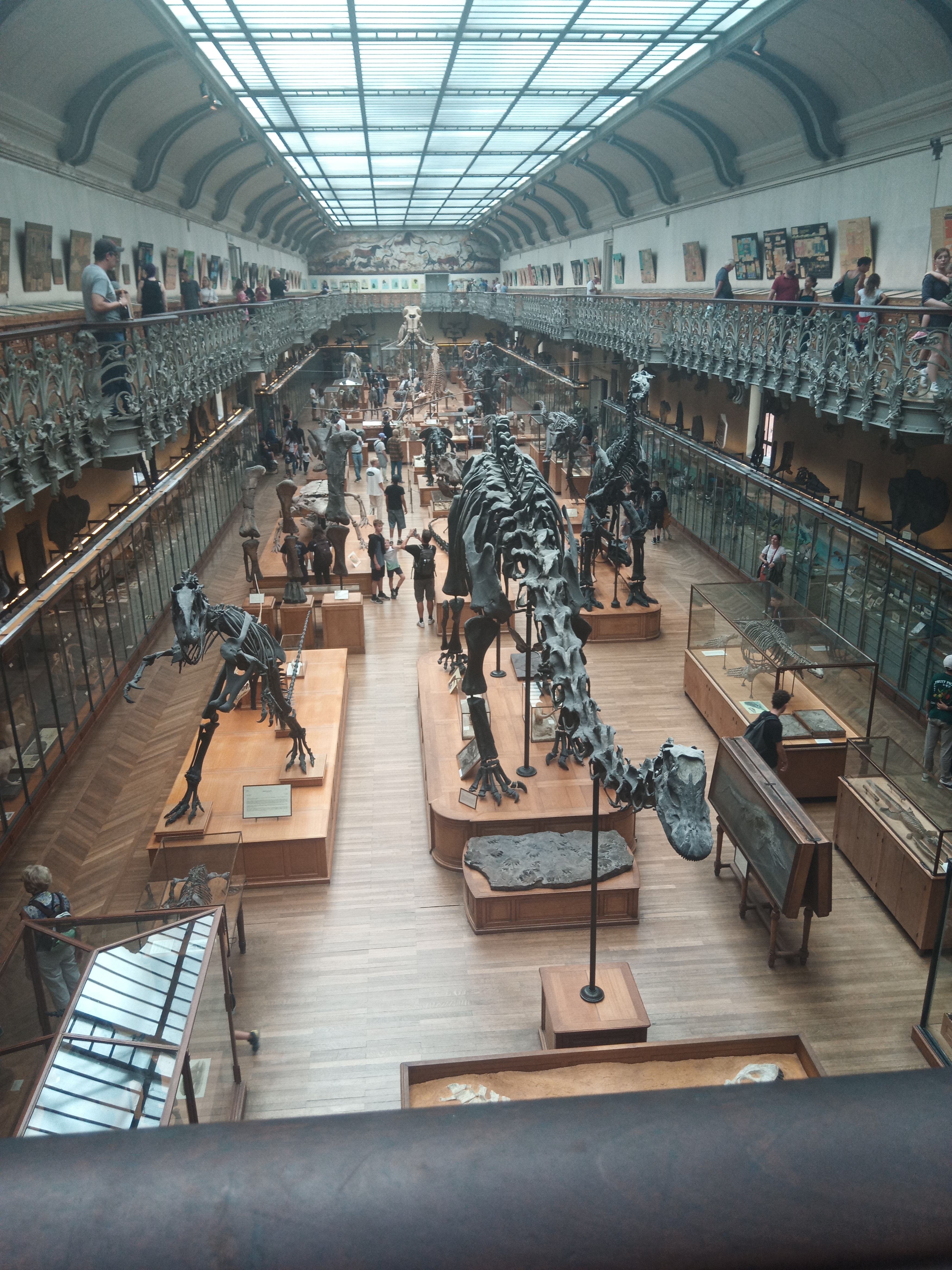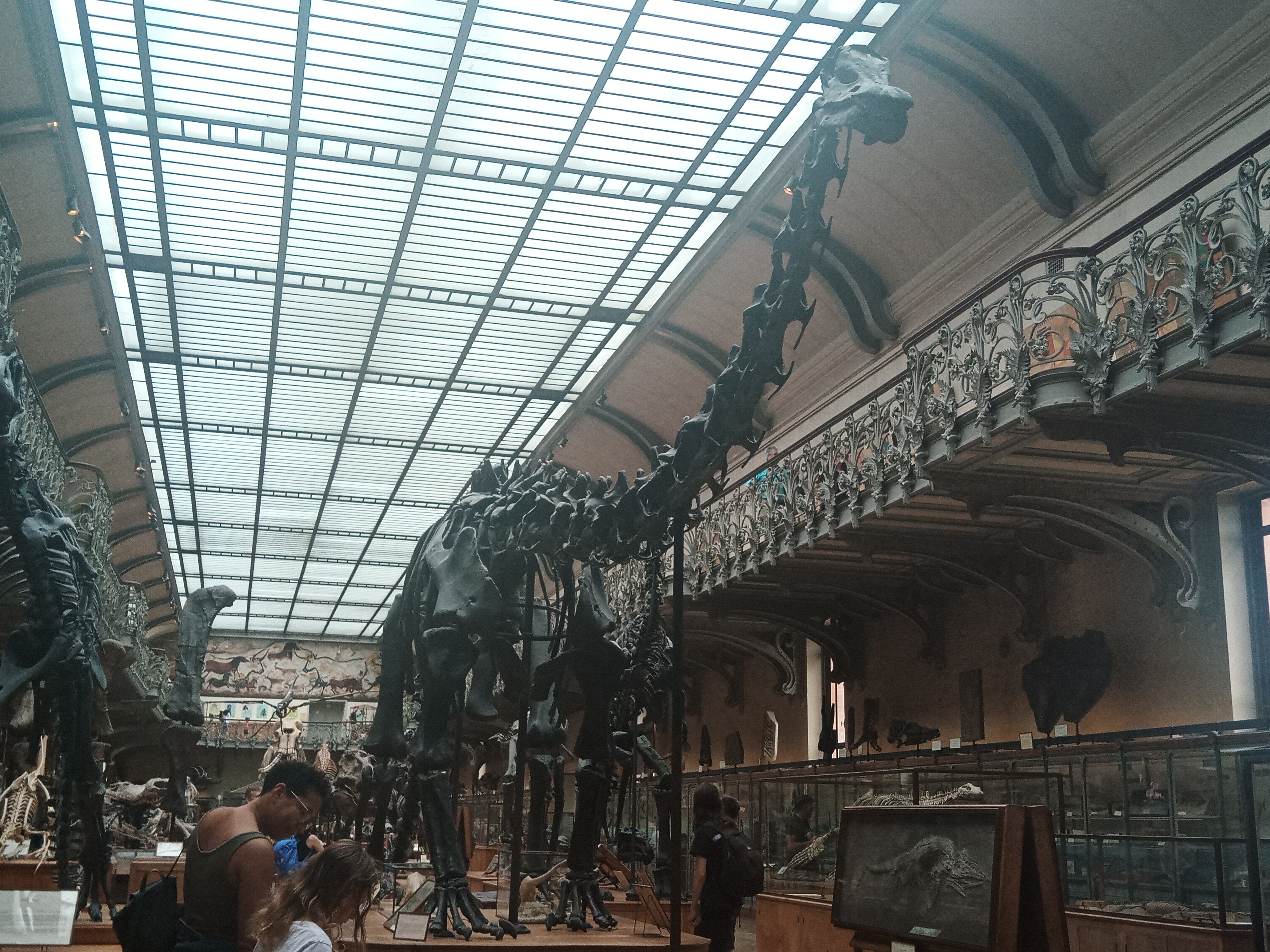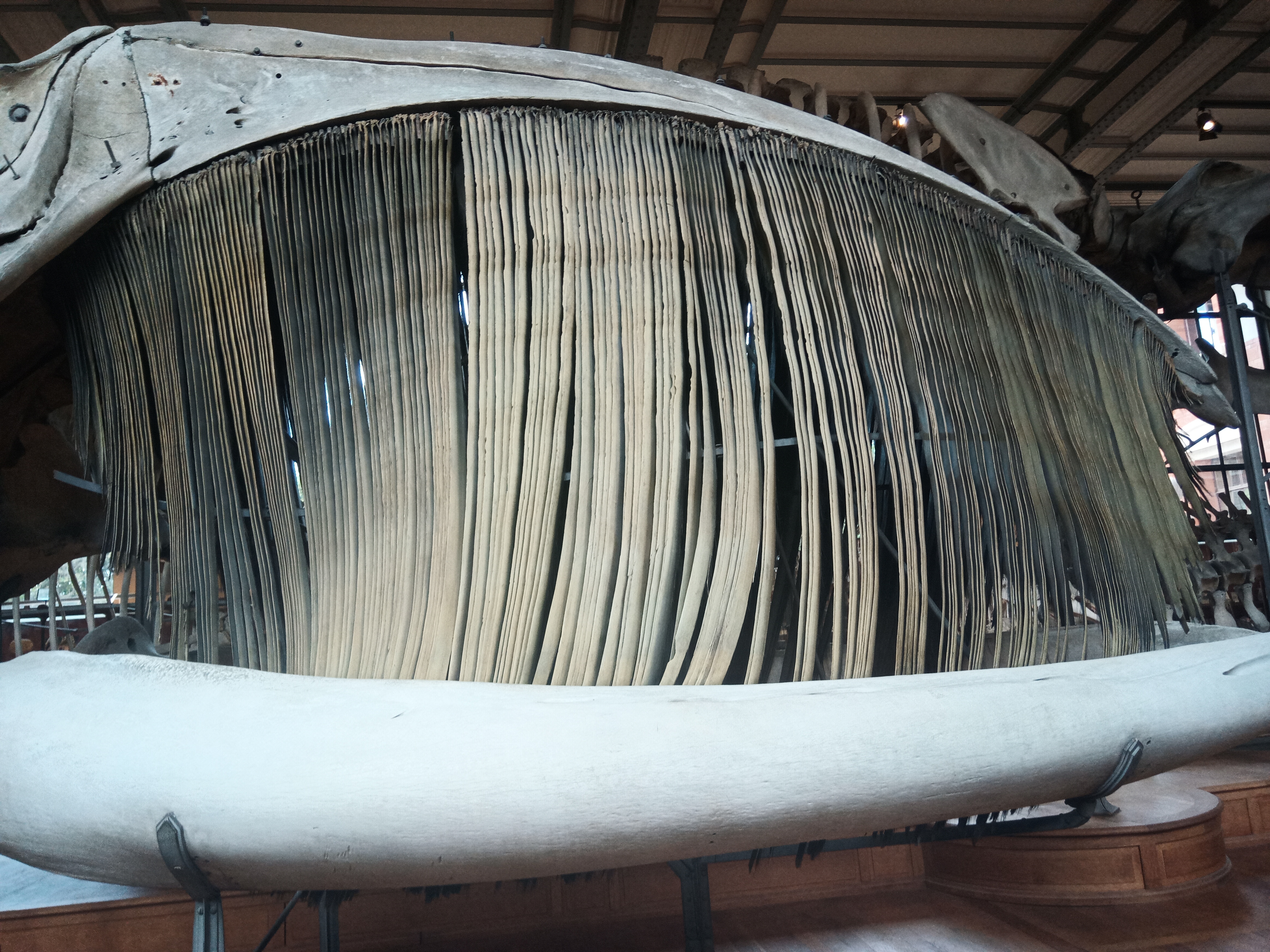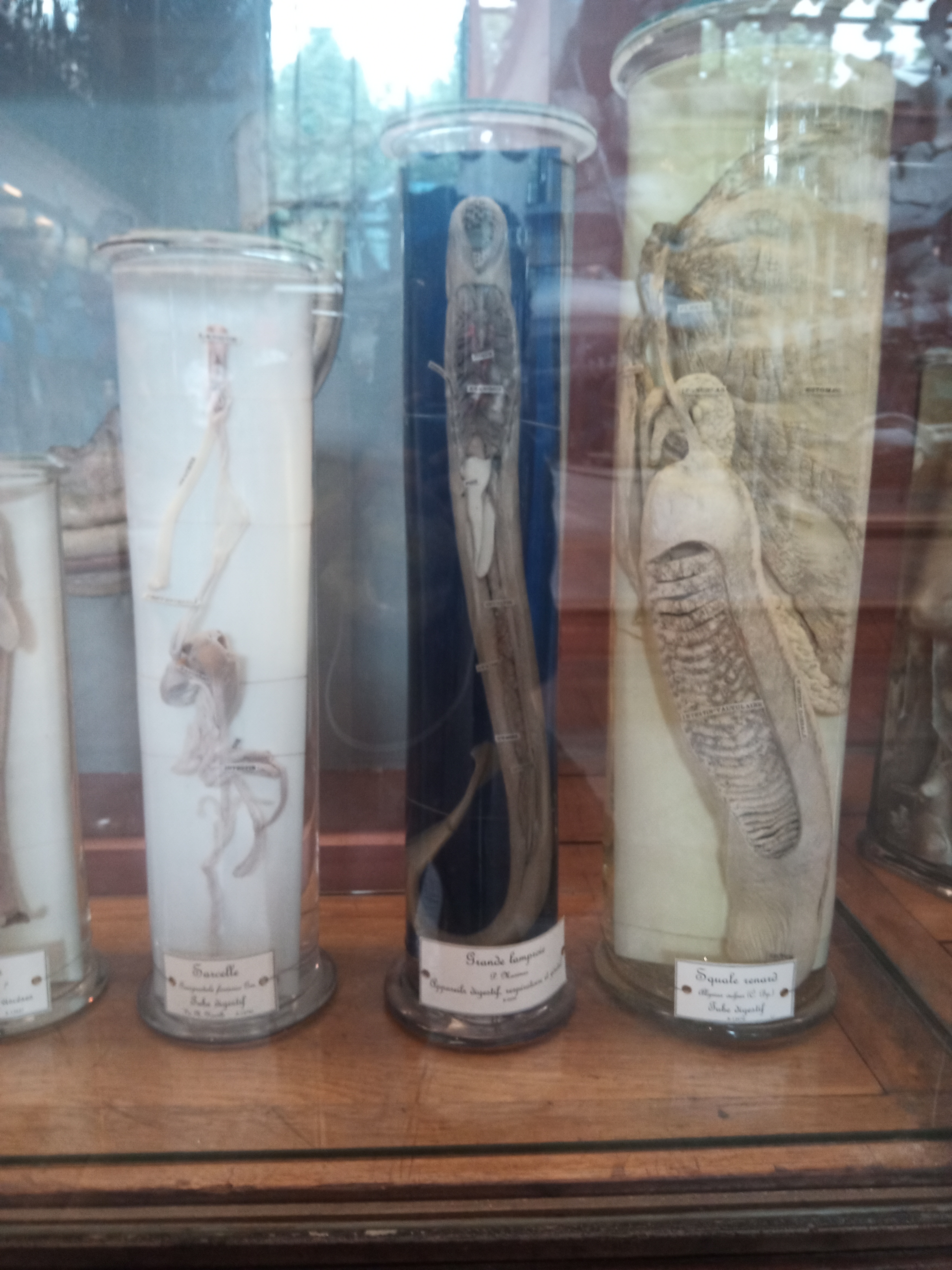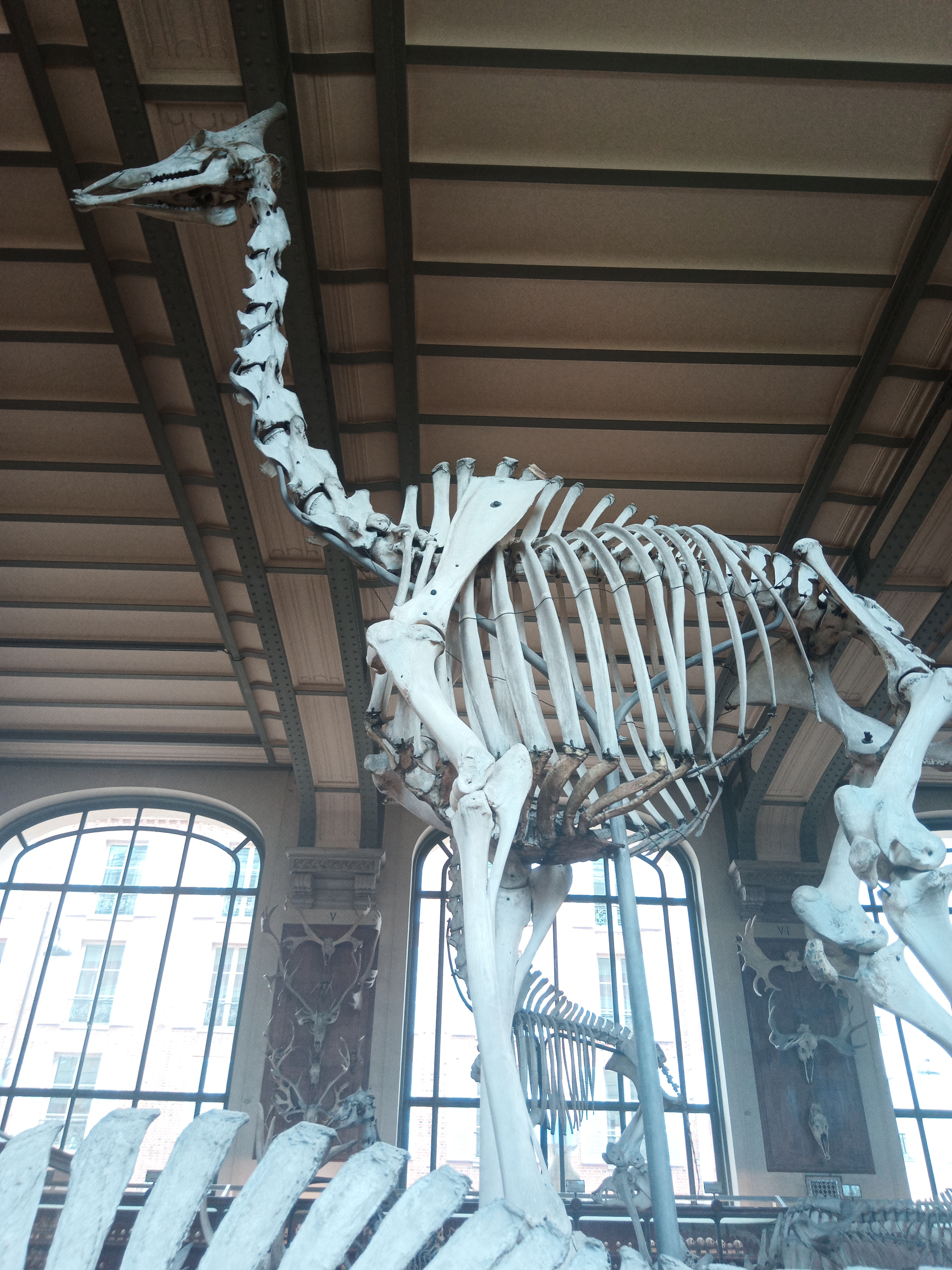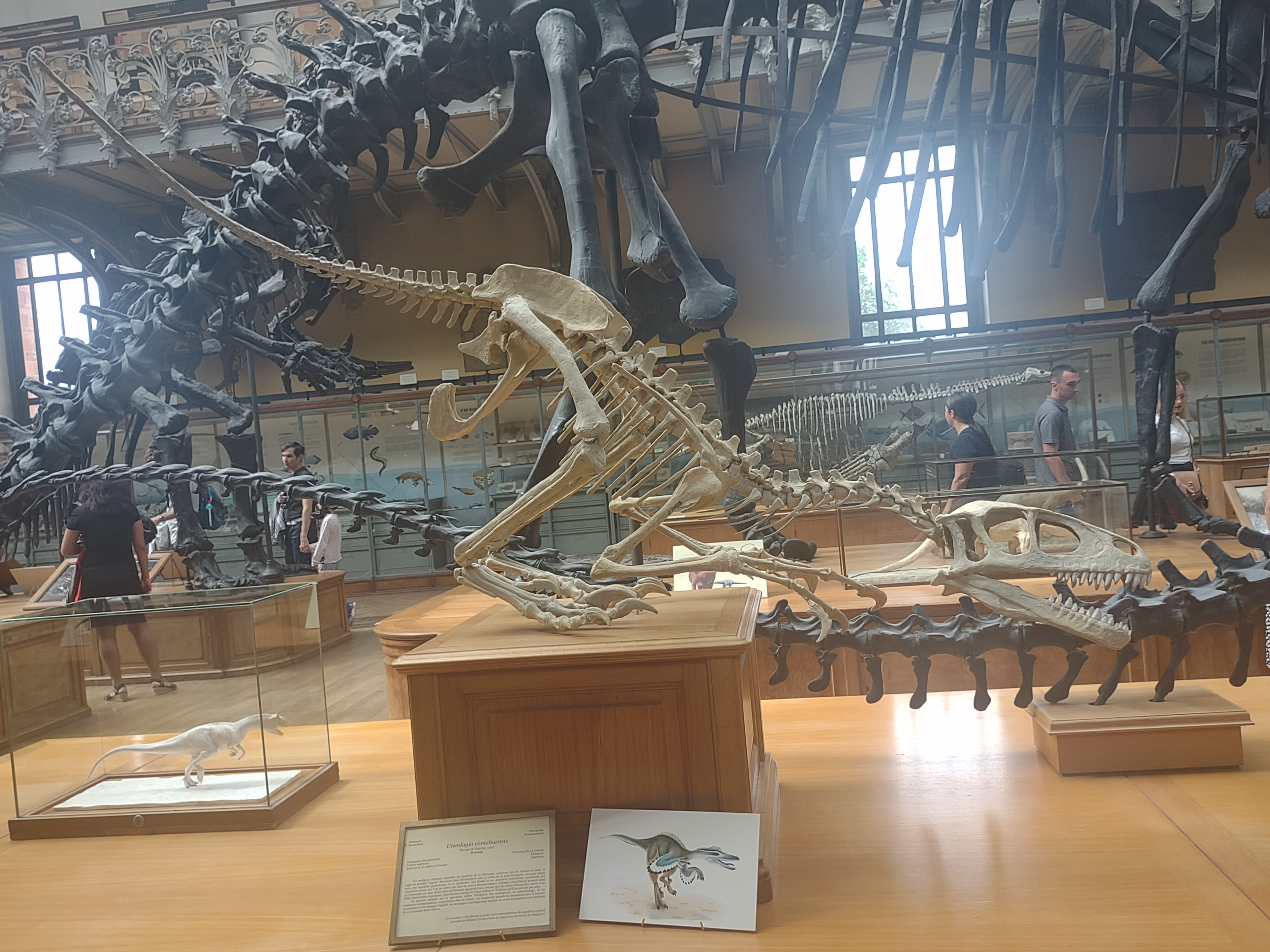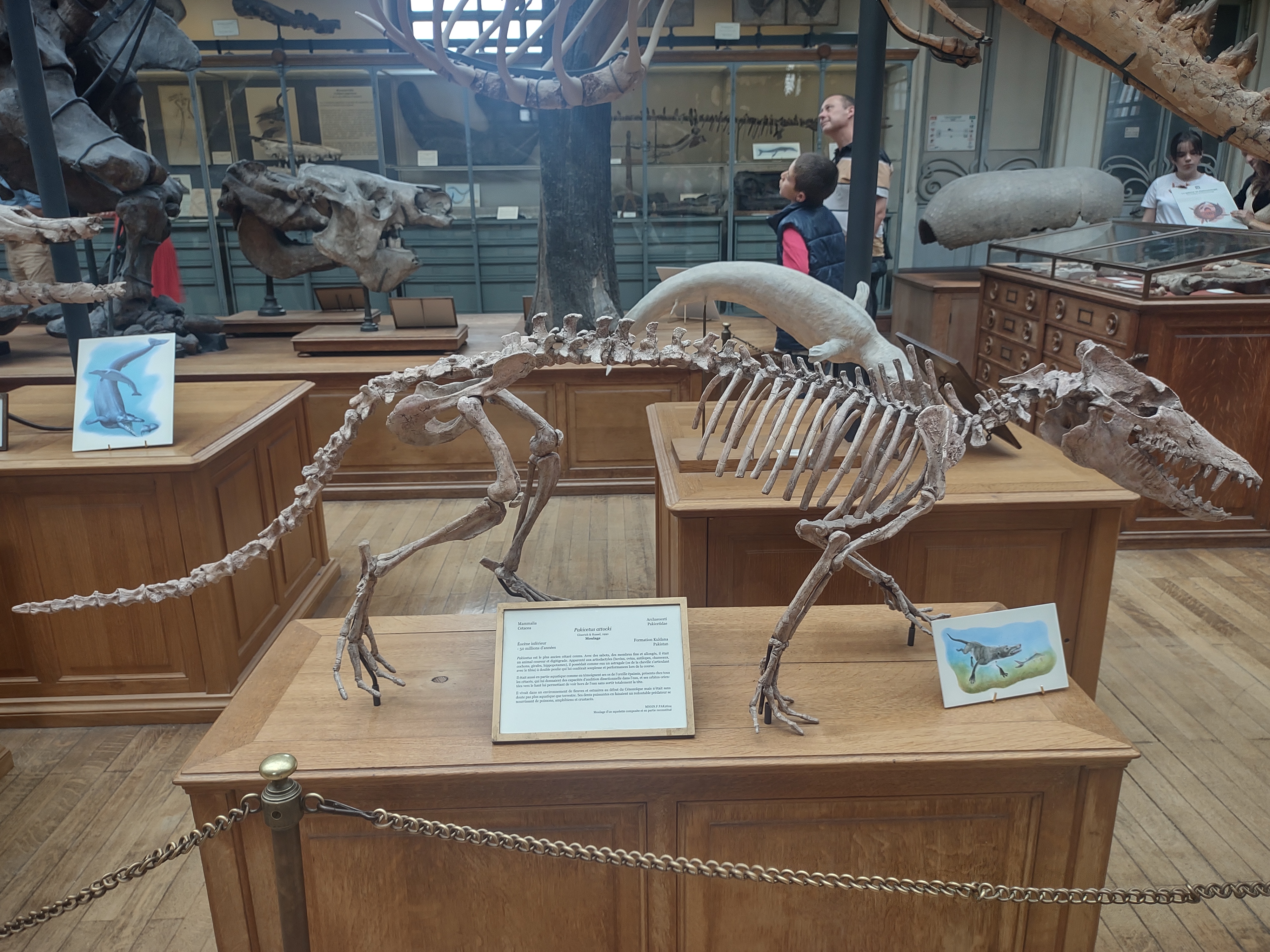I think certain things are not taught in schools related to black culture because the rapid colonization of Africa was the first of its kind, and scholars struggle to tie it into the timeline of world history without portraying the continent as it was seen at the time: an underdeveloped source of easy labor. Attempts to recount African history before this time are often thwarted by a lack of historical information, and a fear of misinterpreting when attempting to fill in the gaps. As with every society, there was warfare and brutality amongst African societies, but depending on how this is conveyed, it can be interpreted as a defense for racism. I run into a similar issue when researching Indigenous history, in which more negative elements are omitted as a caution against supporting the narrative of savagery. Usually when one thinks of black history, they think of the US, where civil rights were significantly lacking in comparison to other industrialized nations. The worst narrative this method of teaching can accomplish is that of helpless victimization of the black population, which is arguably more helpful than the alternative. What this says about the concept of holistic education is that, as history is written by the victors, there is often difficulty in telling the story of those who are taken advantage of over and over again. A holistic education is one that can balance different viewpoints in order to estimate where the truth lies, acknowledging the biases without playing into them.
When I had two free days in Paris, I visited family: someone my mum was raised alongside and remains close with, and his wife and kids. I spoke to them before, a few years ago, but only briefly. Most of what I knew about them came from my mother directly. They picked me up from the airport on the first day and helped me navigate the city. When I could, I even stayed at their house for some time. They live right outside of Paris, and the city is beautiful. Of six children, I got to meet four, with the other two still being overseas. The younger ones were adorable, and I had lots of fun going out with the ones closest to my age. We walked around l'Arc de Triomphe and the base of the Eiffel Tower, taking plenty of pictures. Eating McDonald's while overlooking the Champs-Élysées was an unforgettable experience. Then, the following day, we went to Muséum national d'Histoire naturelle; I had seen it on television a long time ago, so I prompted the visit myself. It was more impressive than I could have imagined. In each main room is a parade of skeletons, with the largest ones in the centre; lining the walls are various specimens behind glass. The most interesting part of it, in my opinion, was being able to go from one room to another and observe a modem animal's evolution firsthand. We concluded the day with a walk along the Seine, stopping at a small theme park to eat pastries while watching riders spin across the Paris skyline. None of us were brave enough to go ourselves.
